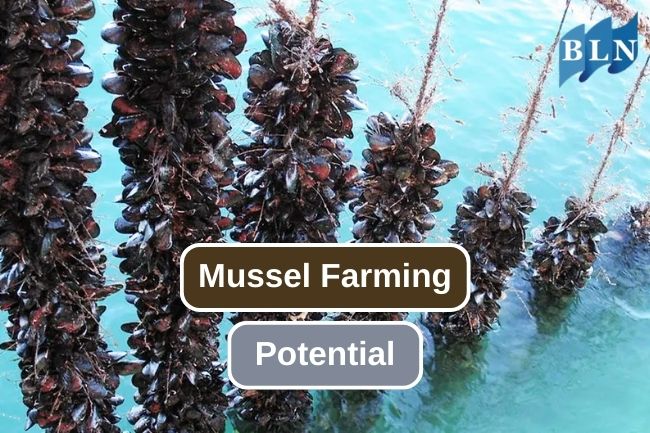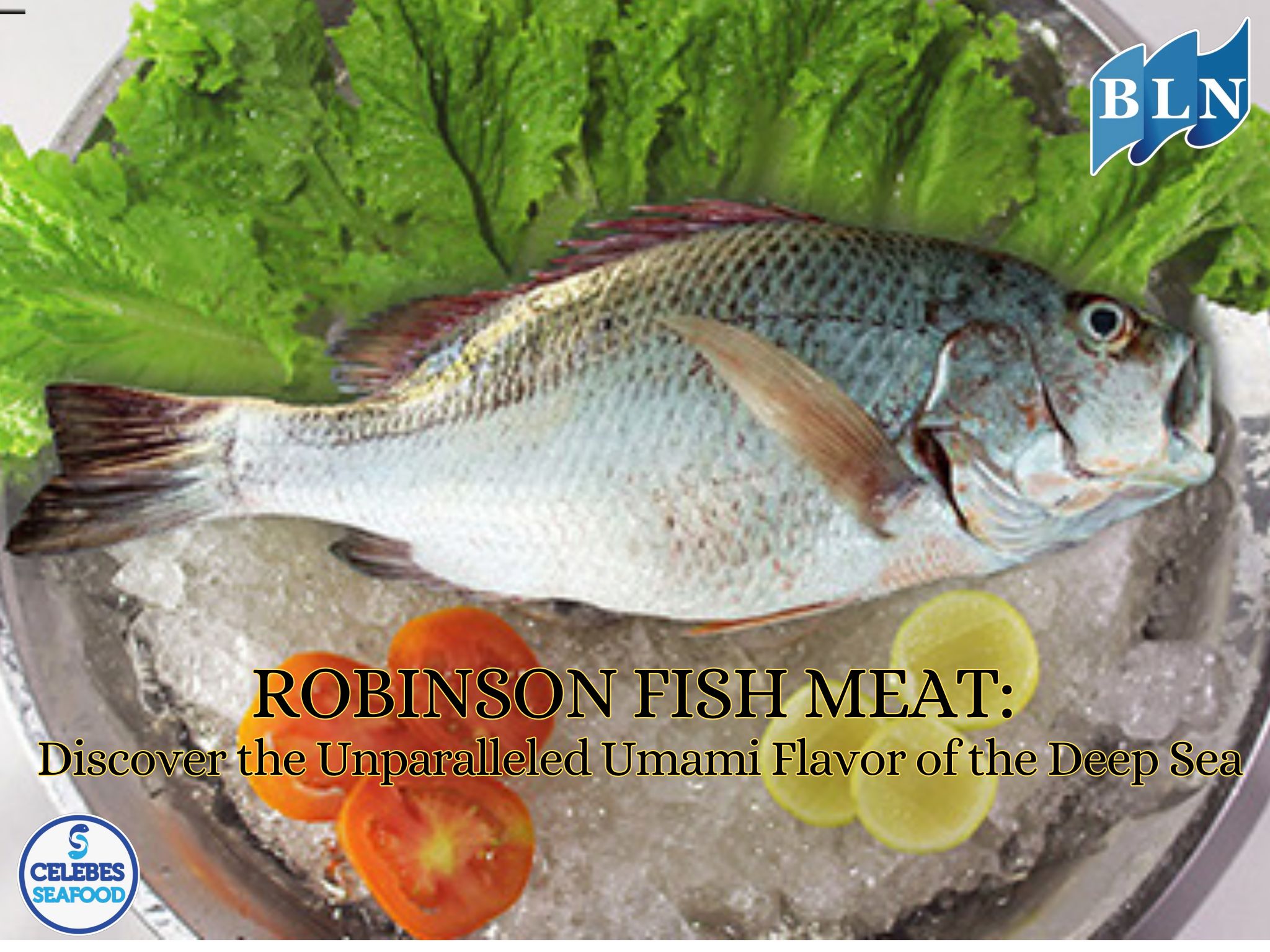Learn the Opportunities of Mussel Farming Business
By. Nevanda - 18 Sep 2023
lautnusantara.com - Mussels, a type of mollusk, have gained recognition not only as a delectable seafood option but also as a promising venture in aquaculture. In this article, we will explore the potential of mussel farming, its environmental benefits, and how it can be a lucrative industry.
1. Sustainable Seafood Production
Mussel farming holds immense promise as a sustainable seafood source for several reasons:
a. Rapid Growth
Mussels are known for their rapid growth, with some species maturing within a year. This fast growth rate makes them an ideal candidate for aquaculture.
b. Low Environmental Impact
Unlike some forms of aquaculture, mussel farming has minimal environmental impact. Mussels are filter feeders, which means they help improve water quality by filtering plankton and organic particles from the water.
c. Efficient Use of Resources
Mussel farming requires relatively low inputs, such as feed and space, making it a resource-efficient form of aquaculture.
Read also: Here Are Some Essential Nutrition from Barramundi
2. Environmental Benefits
Mussel farming offers several environmental advantages:
a. Water Quality Improvement
Mussels act as natural water purifiers. They remove excess nutrients and algae from the water, reducing the risk of harmful algal blooms and improving overall water quality.
b. Habitat Enhancement
Mussel farms can serve as artificial reefs, providing habitat for other marine species. This can contribute to increased biodiversity in coastal areas.
c. Carbon Sequestration
Mussels absorb and store carbon dioxide (CO2) as they grow. This carbon sequestration can help mitigate the effects of climate change.
Read also: Here’s Some Way to Prepare Shisamo
3. Economic Opportunities
Mussel farming has significant economic potential:
a. Growing Demand
Mussels are a popular seafood choice due to their delicious taste and nutritional value. As the demand for sustainable seafood grows, so does the market for farmed mussels.
b. Job Creation
The mussel farming industry can create jobs in coastal communities, offering economic stability and opportunities for local residents.
c. Export Potential
Mussel farming can be a profitable export industry, especially in regions with a strong seafood export market.
Mussel farming presents a promising opportunity in both sustainable seafood production and environmental conservation. With the right knowledge and commitment to responsible farming practices, mussel farming can be a profitable venture that contributes to cleaner waters and a more sustainable food source for the future.
Read also: The Ultimate Guide to Preserving Tuna's Pristine Taste
 in Coral Reef Ecosystems.jpg)
.jpg)





 and Its Impact on Indonesia's Maritime Economy.jpg)
